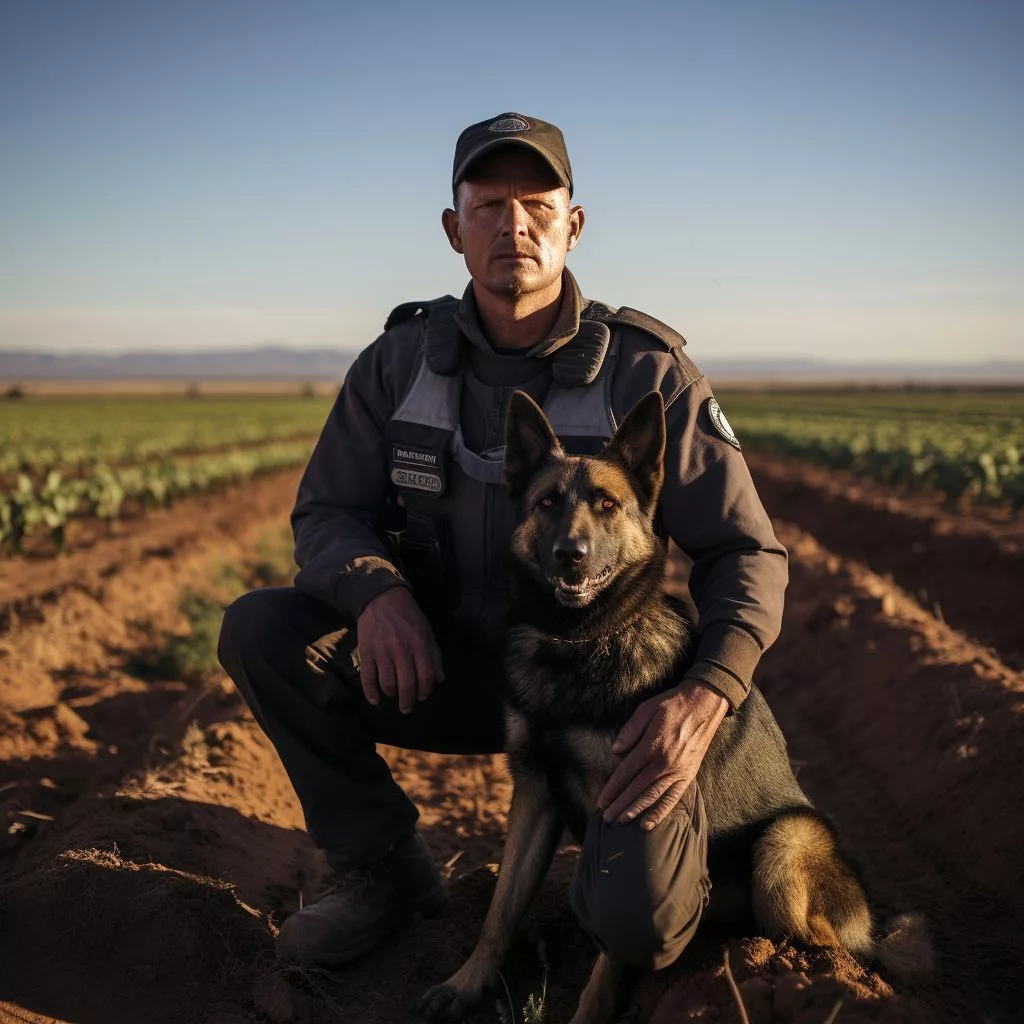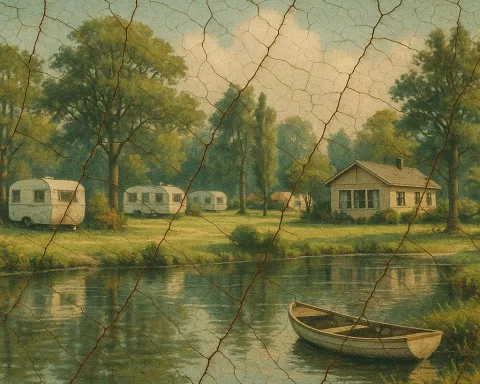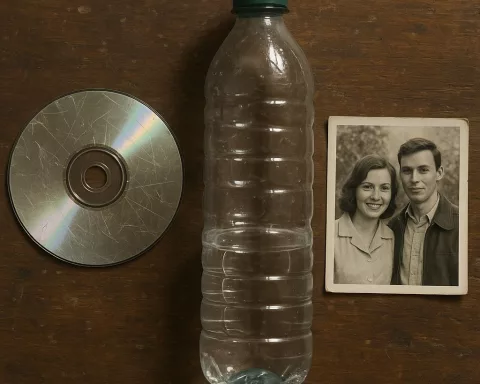The Inequality, Work, and Nature Conference brings together scholars, decision-makers, and media representatives to address societal imbalances and environmental challenges. The conference highlights the importance of cross-continental partnerships in achieving a sustainable, low-carbon future. Discussions cover pressing topics such as technological innovation’s impact on job markets and the links between biodiversity loss and equity. The symposium aims to foster comprehensive and versatile strategies that embrace change and ensure sustainable futures.
What is the Inequality, Work, and Nature Conference?
The Inequality, Work, and Nature Conference is a gathering of scholars, decision-makers, and media representatives that focuses on addressing societal imbalances and critical ecological transitions. The conference aims to foster cross-continental partnerships to lessen socio-economic gaps and guide nations towards a sustainable, low-carbon future. Discussions cover pressing subjects such as the implications of technological innovation on job markets and the links between biodiversity loss and equity, laying the groundwork for in-depth analysis and lively exchanges.
A Visionary Symposium on Social Equity and Environmental Stewardship
Embarking on a mission to address the complexities of societal imbalances, Kenny Morolong, the Deputy Minister, takes center stage at a significant assembly—the Inequality, Work, and Nature Conference. Nestled within the prestigious halls of the University of Cape Town‘s Graduate School of Business, this event stands as a convergence of intellectual leadership and joint research endeavors, meticulously coordinated by The Presidency, the European Union, and the African Centre of Excellence for Inequality Research.
As the conference enters its second day, Morolong is ready to captivate attendees with his opening remarks, which delve into the intricate patterns of socio-economic divides, the dynamic shifts in employment, and the critical ecological transitions our globe is undergoing. He will highlight the strength of cross-continental partnerships, such as the Extension of the EU-AFD Research Facility on Inequalities, underscoring the significance of global collaboration in surmounting universal hurdles.
These partnerships strategically target countries like Colombia, Indonesia, Mexico, and South Africa due to their distinct roles in the worldwide landscape of disparity. In the context of South Africa, the French Development Agency (AFD) merges its endeavors with local authorities and research bodies, embarking on a quest to lessen socio-economic gaps and guide the nation toward a sustainable, low-carbon future.
The Confluence of Minds and Visions
The gathering serves as a magnet for scholars, decision-makers, and media representatives, uniting with a common objective. The University of Cape Town emerges as an ideal venue for this intellectual exchange, fostering a fertile ground for vibrant ideas and pragmatic strategies. The presence of the media ensures that the essence of these dialogues extends beyond the academic realm, sparking widespread discussions and motivating tangible actions.
As discussions unfold, it becomes evident that the issues of inequality and environmental degradation are interconnected, necessitating a comprehensive and versatile strategy. The empirical data generated by the EU-AFD partnership becomes a foundational pillar, aiding governments in formulating policies that are not only reactive but also anticipatory in nature.
The conference’s schedule brims with pressing subjects, from the implications of technological innovation on job markets to the links between biodiversity loss and equity. Each segment aims to unravel the complexities of these pressing matters, laying the groundwork for in-depth analysis and lively exchanges.
Embracing Change and Ensuring Sustainable Futures
In a landscape where the definition of work is reimagined through automation and digitalization, the symposium bravely confronts these transformative forces. It probes into the fate of employment, the burgeoning gig economy, and the competencies essential for thriving in a swiftly evolving job landscape. Additionally, it scrutinizes the allocation of resources and opportunities, acknowledging that true sustainability is built on the pillars of fair access and inclusive development.
The conference’s objectives resonate with the overarching goals of the Sustainable Development Goals (SDGs), which call for a global drive to eliminate poverty, advance prosperity, and safeguard our planet. It underlines the concept that pursuing equality and environmental stewardship is not just possible but necessary and complementary.
Morolong’s speech transcends a mere formal ritual; it represents an impassioned plea for unified determination. It captures both the urgency of the current climate and the potential of collaborative research and policymaking. His discourse mirrors the aspirations of those present and the dreams of the communities they serve.
As the conference advances, the wealth of knowledge and shared experiences sets the foundation for cutting-edge solutions. These will be adapted to the unique circumstances of each country involved, yet rooted in the universal values of justice, sustainability, and resilience. The Deputy Minister’s input, alongside that from other leading minds, promises to not only shed light on present trends but also pave the way for a future in which employment, the environment, and equity are interlinked threads of a thriving societal fabric.
To build upon this foundation for a complete article, the next steps would involve expanding upon each of these introductory points. The article would need to elaborate on the specific themes discussed at the conference, provide insights from various speakers, and place the event within a wider societal and environmental context.
1. What is the Inequality, Work, and Nature Conference?
The Inequality, Work, and Nature Conference is a gathering of scholars, decision-makers, and media representatives that focuses on addressing societal imbalances and critical ecological transitions.
2. What are the objectives of the conference?
The conference aims to foster cross-continental partnerships to lessen socio-economic gaps and guide nations towards a sustainable, low-carbon future. The discussions cover pressing subjects such as the implications of technological innovation on job markets and the links between biodiversity loss and equity, laying the groundwork for in-depth analysis and lively exchanges.
3. Who organizes the Inequality, Work, and Nature Conference?
The conference is meticulously coordinated by The Presidency, the European Union, and the African Centre of Excellence for Inequality Research.
4. What topics are discussed at the conference?
The conference covers pressing topics such as the implications of technological innovation on job markets, the links between biodiversity loss and equity, and allocation of resources and opportunities for achieving sustainability.
5. Why is the conference being held at the University of Cape Town?
The University of Cape Town is an ideal venue for this intellectual exchange, fostering a fertile ground for vibrant ideas and pragmatic strategies.
6. What is the role of the media in the conference?
The presence of the media ensures that the essence of these dialogues extends beyond the academic realm, sparking widespread discussions and motivating tangible actions.
7. What is the connection between inequality and environmental degradation?
The issues of inequality and environmental degradation are interconnected, necessitating a comprehensive and versatile strategy.
8. What is the significance of the conference for achieving Sustainable Development Goals (SDGs)?
The conference’s objectives resonate with the overarching goals of the Sustainable Development Goals (SDGs), which call for a global drive to eliminate poverty, advance prosperity, and safeguard our planet. It underlines the concept that pursuing equality and environmental stewardship is not just possible but necessary and complementary.








